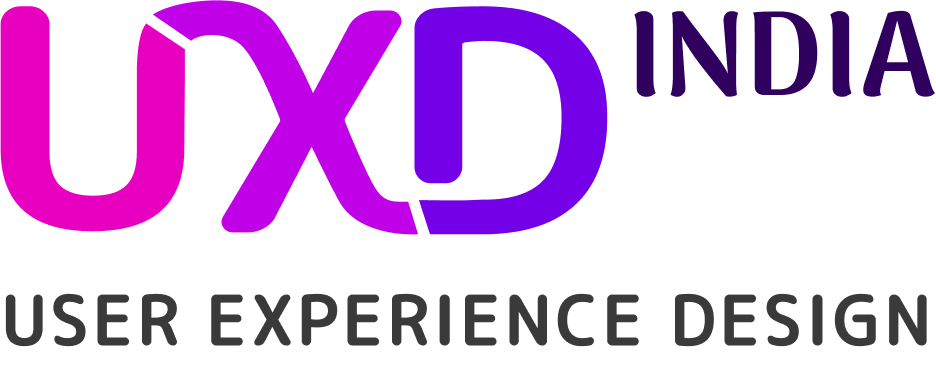Top 10 Powerful Benefits of HRMS Software for Small Companies

- Is your small business spending more time on HR paperwork than on growth?
Do you often wonder if there’s a smarter, more cost-effective way to manage payroll, leaves, and employee records — without hiring a huge HR team?
In 2025, the answer for many small businesses lies in adopting an HRMS (Human Resource Management System). But here’s the catch — not every HRMS is built for you. The right solution is often a Customized CRM-integrated HRMS that fits your company’s size, structure, and workflows.
Let’s explore the top 10 benefits of Human Resource Management System software for small companies — backed by real industry cases and trusted sources.
1. Simplifies Payroll Management
Manual payroll processing is prone to delays and errors. An HRMS automates:
- Salary calculations
- Tax deductions
- Provident fund & ESI
- Payslip generation
Real-World Example: Delhi-based startup Skillate, an AI-powered recruitment platform, adopted greytHR to manage their small team’s payroll. This reduced payroll errors by 90% and freed up HR bandwidth.
greytHR Case Studies
2. Automates Leave & Attendance Tracking
Tired of tracking leave requests in spreadsheets or WhatsApp chats?
Modern HRMS tools:
- Allow employees to apply for leave via app
- Auto-calculate leave balances
- Integrate with biometric or QR-based attendance systems
Zoho People offers such features and is tailored for small-to-medium businesses globally.
3. Makes Employee Onboarding Seamless
New hire onboarding is often messy in small setups. An HRMS streamlines:
- Document submission
- Welcome kits
- Training schedules
- Role assignment
Case Example: A Mumbai-based digital agency used Freshteam by Freshworks to onboard 15 remote hires in a month with zero delays in documentation.
4. Ensures Compliance Without a Legal Team
Whether it’s EPF, ESI, or labor law updates, small businesses can’t afford non-compliance.
HRMS software sends:
- Timely compliance alerts
- Auto-generates statutory reports
- Tracks audit logs for safety
5. Centralizes Employee Data & Documents
No more hunting for offer letters, ID proofs, or appraisal history. With a centralized HRMS:
- Each employee has a digital profile
- Managers can access data with permissions
- Documents stay secure and organized
Real Example: Razorpay implemented an internal Human Resource Management System to manage its fast-growing team’s documents across Bangalore, Delhi & remote hubs.
6. Enables Performance Reviews Without Bias
A good HRMS tracks:
- Monthly KPIs
- Manager feedback
- 360° reviews
- Promotion eligibility
This helps small companies run data-driven appraisals — even if there’s no full-time HR manager.
Keka Human Resource Management System offers a detailed performance module used by over 6,500 Indian companies.
7. Empowers Employees with Self-Service Portals
In a lean setup, you can’t afford HR answering every leave, salary, or holiday query.
HRMS tools provide:
- Payslip downloads
- Leave requests
- Attendance corrections
- Policy access
This self-service model reduces dependency and boosts internal transparency — something every startup or growing team needs.
8. Remote Work Management Made Easy
Hybrid or remote team? Your HRMS should adapt.
Modern tools allow:
- Remote check-ins
- Geo-tagging attendance
- Online training tracking
Case Example: Instamojo, an Indian eCommerce enabler, used Zoho People during the pandemic to manage a 100% remote HR process.
9. Tracks Recruitment Better Than Spreadsheets
Recruitment is often the bottleneck for small teams. A Customized CRM-integrated HRMS helps:
- Create job postings
- Track candidate stages
- Schedule interviews
- Maintain candidate pipeline
Recruitee and Naukri RMS both support seamless tracking — and integrate well with CRM platforms for a holistic talent view.
10. Scales as You Grow
Unlike rigid enterprise systems, today’s HRMS solutions are:
- Modular (add only what you need)
- Scalable (from 5 to 500 employees)
- Affordable (subscription-based)
Pro Tip: Choose a platform that integrates your Customized CRM to connect HR, sales, and operations seamlessly.
Should You Invest in HRMS as a Small Business?
Short answer? Yes — but make sure it’s the right one.
Ask yourself:
- Can your current system support remote hiring?
- Are you spending hours on admin tasks that can be automated?
- Do you have visibility into your team’s performance and happiness?
If the answer to any of these is “no,” then it’s time to look at an Human Resource Management System designed for agility — and if possible, integrated with your Customized CRM.
Images used in this blog are from Freepik.
